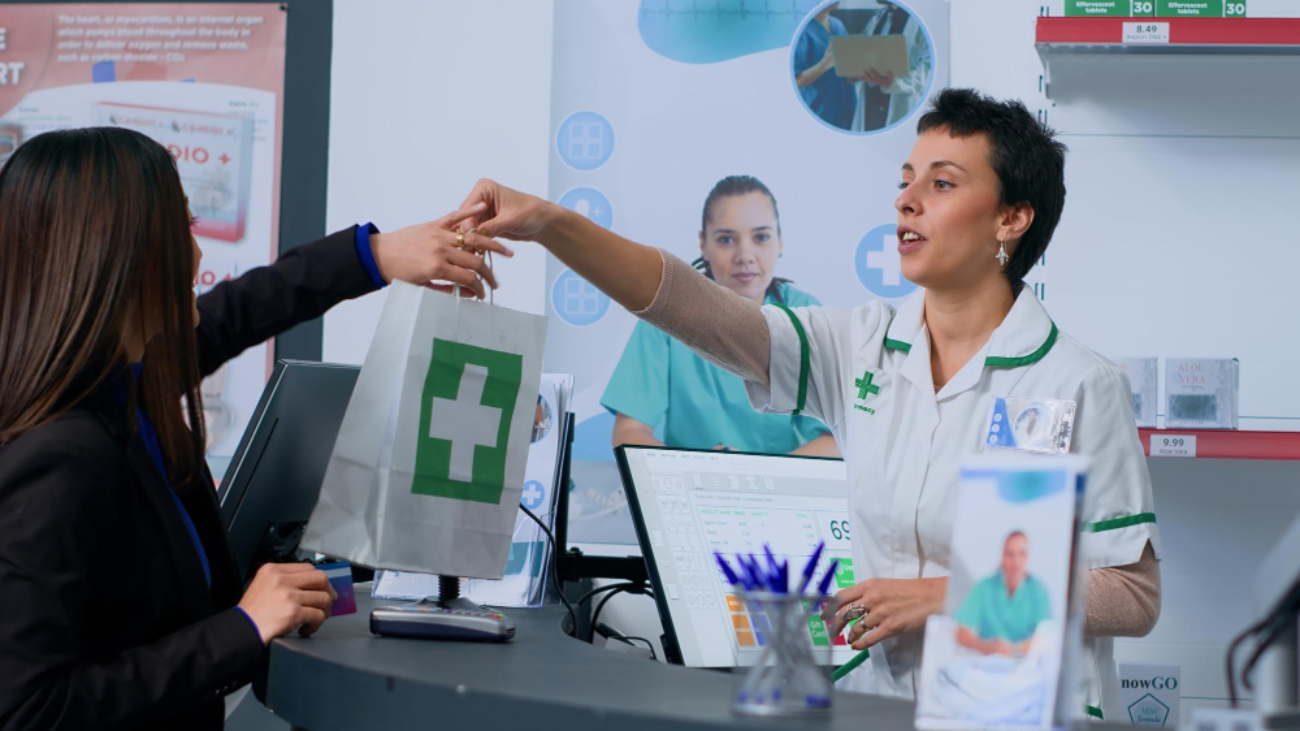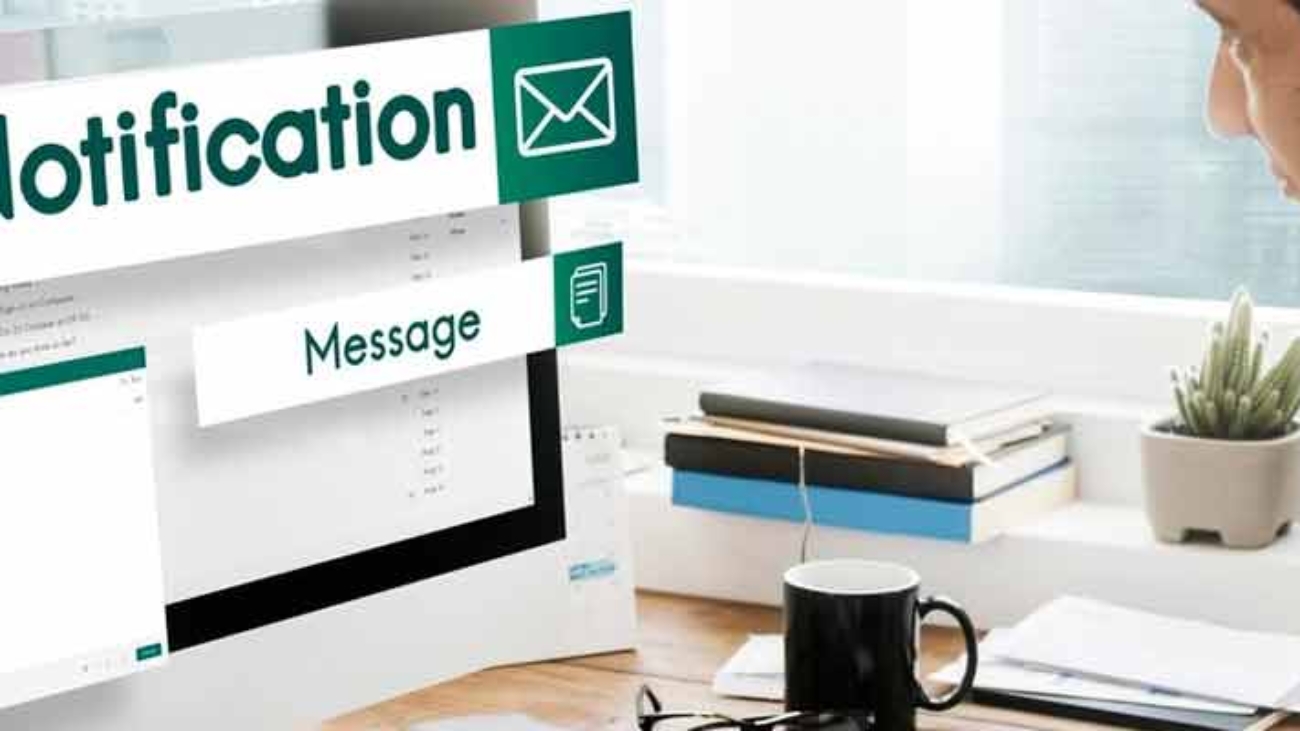The healthcare devices industry is growing at a fast rate, with constant innovations in diagnosis, treatment, and patient care. From intelligent wearables to advanced operating room equipment, companies are creating life-saving technologies. However advanced a product is, though, it will never be successful unless it ends up in the hands of medical practitioners.
Doctors, surgeons, nurses, and hospital decision-makers are those who purchase, prescribe, and use medical devices. Thus, reaching them is not only crucial, it’s critical. Yet this isn’t always simple. Healthcare professionals are often busy, skeptical of new products, and operate in an environment where evidence and trust beat glitzy advertising.
For medical device manufacturers, the goal is to build genuine relationships with such professionals. It’s not just selling a device; it’s showing how it improves patient results, saves time, or saves costs. This calls for effective communication, education, and trustworthiness.
In this article, we’ll explore smart and ethical ways to connect with healthcare professionals, generate quality leads, and grow B2B sales without being pushy. The focus is on strategies that respect the professional’s time, solve actual problems, and build trust overtime.
Understanding the Target Audience
To be successful in the medical device business, you must know precisely whom you’re addressing. The healthcare decision-makers are not physicians. They are department heads, hospital administrators, procurement officers, and biomedical engineers. Each has a specific function to fill in the purchasing process, and recognizing their needs is the solution.
For instance, a hospital administrator will be concerned with cost, safety, and approval timelines, whereas a surgeon will be interested in how well the device performs in the operating room. Procurement teams value post-purchase support, vendor reliability, and budgets. You’re leading a group of people toward a common decision rather than trying to sell to just one individual.
This is where the buyer’s journey mapping comes in. From awareness (learning about your product) to consideration (comparing it with others) to decision (buying and using it), each step requires the appropriate type of message. Educational content, clinical information, and case studies assist them in moving ahead.
Best B2B Lead Generation Strategies
1: Establish Thought Leadership & Educational Content
Healthcare practitioners believe in evidence, not pitches. That’s why publishing helpful, expert-supported content is so successful. Inviting respected physicians or experts to participate in webinars gets conversations going. Whitepapers and case studies demonstrating how your device assisted in actual scenarios speak volumes.
Short, readable blogs on emerging medical trends, product releases, or compliance updates put your brand front of mind. Where feasible, providing CME (Continuing Medical Education) content is an added benefit healthcare professionals appreciate learning that also enhances their careers. The aim is simple: Be a valuable guide, not a mere seller, and trust will follow.
2: Use Account-Based Marketing (ABM)
Account-Based marketing enables you to target only your most valuable prospects, such as leading hospitals, specialty clinics, or large diagnostic laboratories. Rather than pursuing everyone, you engage with the right individuals.
Use channels such as LinkedIn, email, or even a well-crafted direct mail package to begin a conversation. Make it relevant and personal. A brief explanation of how your device addresses their particular issue gets you far. With CRM data and intelligence, you can measure interest, follow up at the optimal time, and create deeper connections that produce tangible results.
3: Maximize Online Presence for Discovery
In the modern world, doctors usually look online first before they ever talk to a sales representative. A weak online presence will leave you behind, regardless of how great your equipment is. Start with SEO (Search Engine Optimization) so that your website appears when you’re searched using keywords related to your product. Pay-per-click advertising (PPC) will also get you in front of the right audience at the right time.
Develop straightforward, targeted landing pages for every product. Add direct descriptions, tech specs, videos, and downloadable brochures. Healthcare professionals like having easy access to valuable information, particularly if comparing choices.
Your site also has to be fast and mobile-friendly. Administrators and physicians are often browse between appointments on phones. Ensure all of it loads rapidly and appears clean. Also, comply with data privacy regulations to prevent legal issues.
4: Show Up and Sponsor Medical Conferences
Medical conferences are more than gatherings, they are hotspots for networking between decision-makers, thinkers, and doers. Showing up in person or digitally means you care about your place within the sector. Conferences such as MEDICA or RSNA bring the very individuals you’re attempting to reach physicians, hospital buyers, researchers, and healthcare leaders.
Create a booth that’s not just a show, but make it a place for actual conversations. Provide hands-on demos, brief presentations, or interactive screens describing your device. If the event is hybrid, ensure your virtual booth is as engaging and accessible.
If it’s feasible, engage as a speaker or panelist. Sharing your ideas and research will help people see you as an expert and a valuable voice for your brand. Individuals recall those who teach rather than those that hawk.
Don’t lose the connection even after the event. Send relevant collateral, a thank-you note, or a link to schedule a demo following up via email. It maintains momentum and converts brief conversations into actual leads.
5: Leverage Targeted LinkedIn Marketing
LinkedIn is a sturdy platform to reach healthcare professionals since it’s where most decision-makers connect and exchange industry insights. Sponsored In Mail and LinkedIn Ads enable you to target individuals or organizations directly, bringing your product in front of the right people at the right moment. Tailor your messages to demonstrate precisely how your device can address their precise needs, be it enhancing patient care or simplifying hospital processes.
Retargeting campaigns are important, too. If a person visited your website or interacted with your content, remind them of the worth of your product via adverts. This brings your product into consideration and persuades them into the next level, which could be booking a demo or contacting you for more info.
One more great relationship-building method is engaging in LinkedIn groups that healthcare professionals frequent. Engage in discussion threads, post useful information, and leave insightful commentary don’t simply pimp your product. It is a means of demonstrating that you comprehend their issues and can help solve them.
6: Clinical-Focused Email Marketing
Email marketing is a brilliant method for maintaining contact with healthcare professionals, but it’s most effective when it’s targeted and pertinent. Start by dividing your email lists along such dimensions as specialty (cardiology, orthopedics) or practice type (private practice, hospital). This allows each message to be communicated to the unique needs and interests of the recipient.
Emphasize anecdotal clinical success stories that illustrate how your device has enhanced patient results or optimized procedures in practice environments. Highlight quantifiable results to attract providers, focusing on ROI data demonstrating cost or time savings.
Every email needs to have a clear call to action (CTA): schedule a demo, request a consultation, or download a whitepaper. Make the next step easy for recipients by offering simple links or buttons.
7: Partner with Distributors and Channel Partners
Cooperating with distributors and channel partners can significantly increase your exposure in the healthcare industry. By producing co-branded promotions, you leverage their pre-existing networks and trust. Through this alliance, you get access to new customer bases without bearing the full marketing burden alone. You can jointly develop co-branded content, including product catalogs or email marketing campaigns, that emphasize the value of your device and the advantages it brings.
Partner training programs are also an incredibly effective weapon. Providing them with comprehensive product knowledge and selling skills not only makes them sell more but also equips them to create quality leads. The better informed they are, the more effectively they can communicate the value of your device to prospective customers.
8: Provide Demos and Trial Programs
Offering live demos either in person or remotely is likely the most effective way to prove the value of your device. Keep the scheduling convenient and easy so medical professionals can experiment with your product themselves. After the demo or trial, create a feedback loop and gather data with which to refine your message, addressing any issues or suggestions.
Converting trial users to champions is crucial. Have professionals give you testimonials or refer their colleagues to you. Word-of-mouth from people you respect within the healthcare community can make your reputation soar and lead to long-term success.
9: Monitoring Success and Refining Campaigns
To gauge the success of your lead generation campaigns, track key metrics, such as Marketing Qualified Leads (MQLs), conversion rates, demo sign-ups, and email engagement. These KPIs allow you to see what is working and what requires tweaking.
Software such as HubSpot, Salesforce, and Zoho CRM give you useful information to follow up on leads and nurture relationships. They enable you to automate your outreach and keep tabs on progress in real time.
Don’t overlook the power of A/B testing. Keep testing various messages, promotions, and approaches to determine what works best with your audience, and adjust and refine your campaigns accordingly.
Conclusion
Successfully generating B2B leads in the medical device market involves a careful, multi-channel strategy. By concentrating on establishing trust through education, using focused marketing techniques like ABM, and employing monitoring and optimizing tools for your campaigns, you can successfully engage healthcare professionals.
To differentiate your product, send personalized outreach, short demos and maintain well-established distributor relationships. Never forget, health professionals’ care about relationships, credibility, and results. Continuously delivering value and remaining compliant with industry guidelines will establish long-term relationships that fuel growth and make your brand the go-to partner in the healthcare industry.









